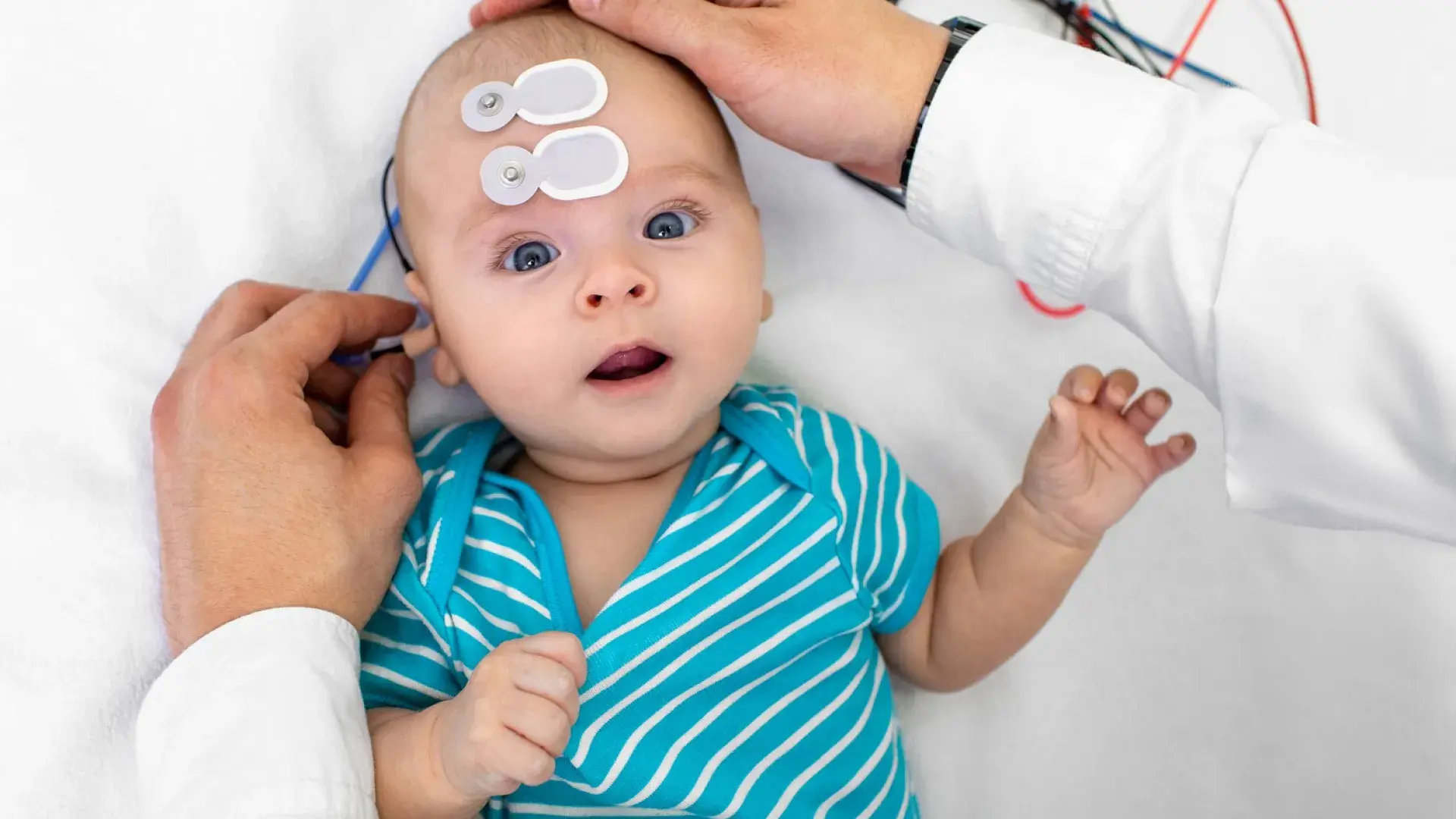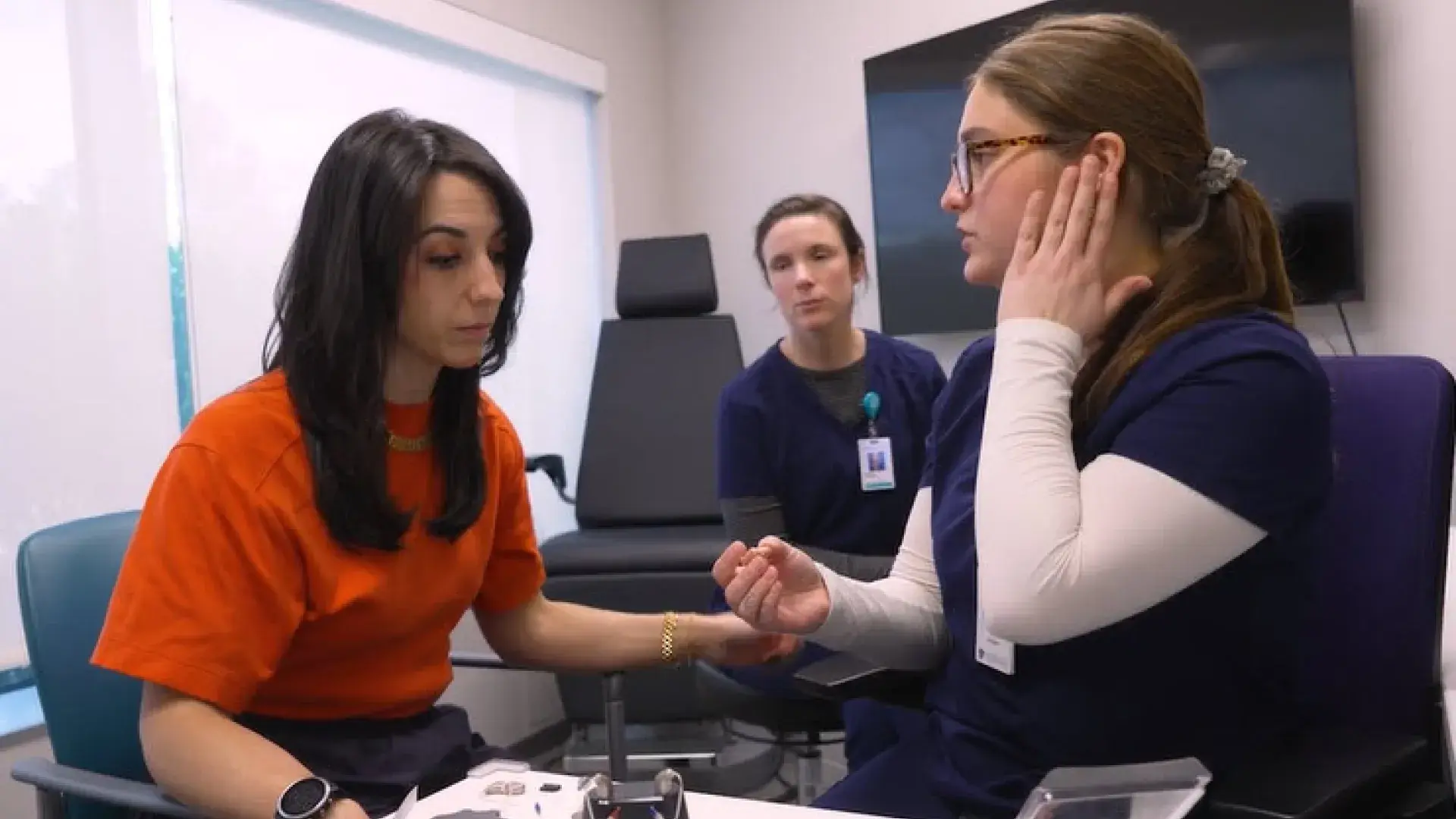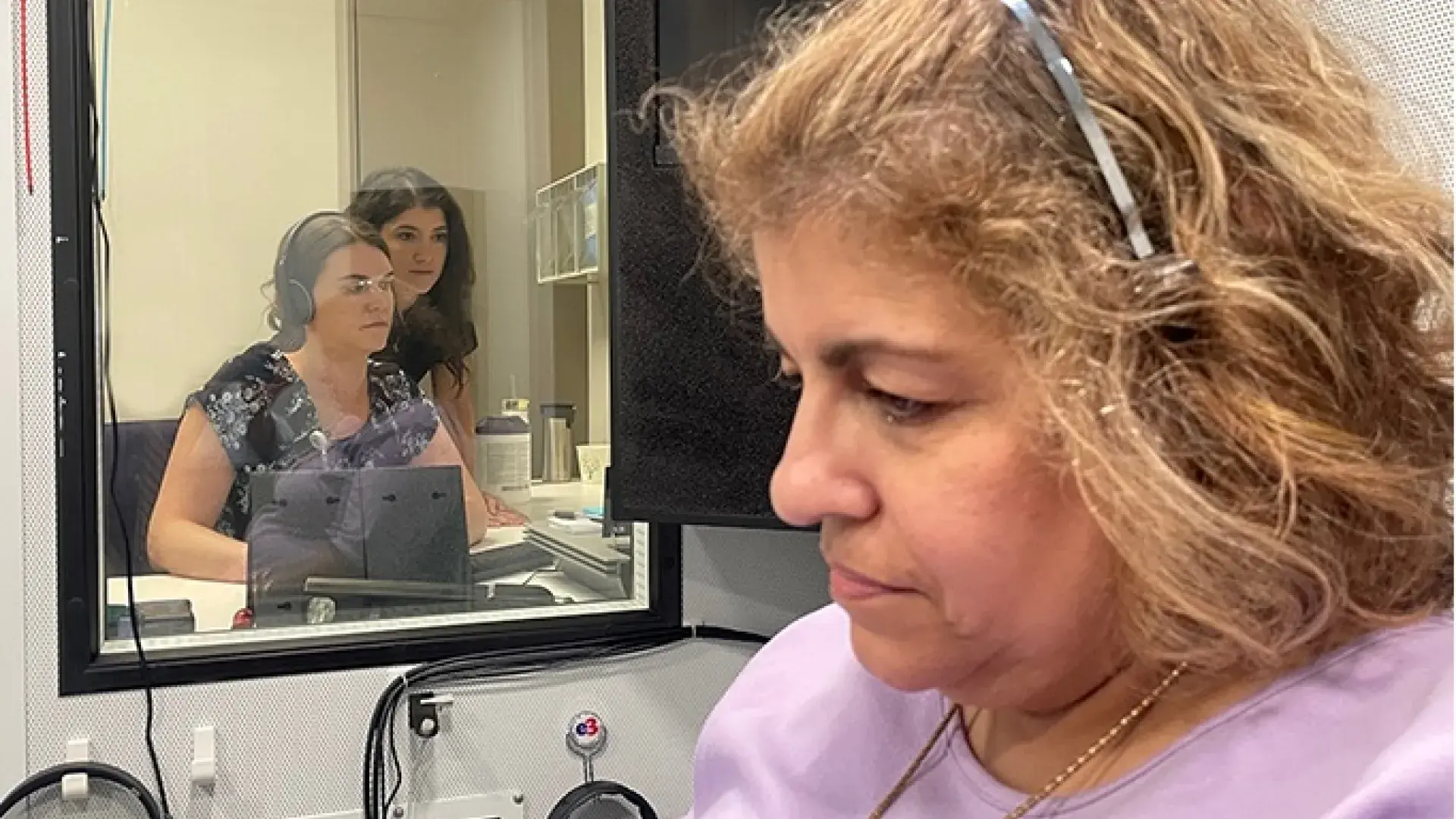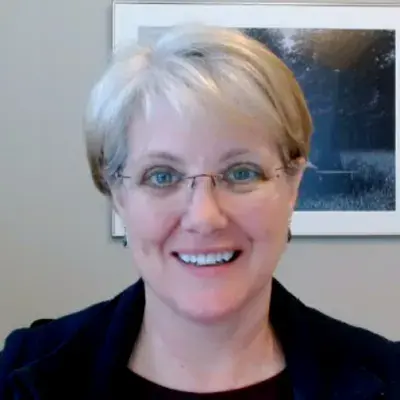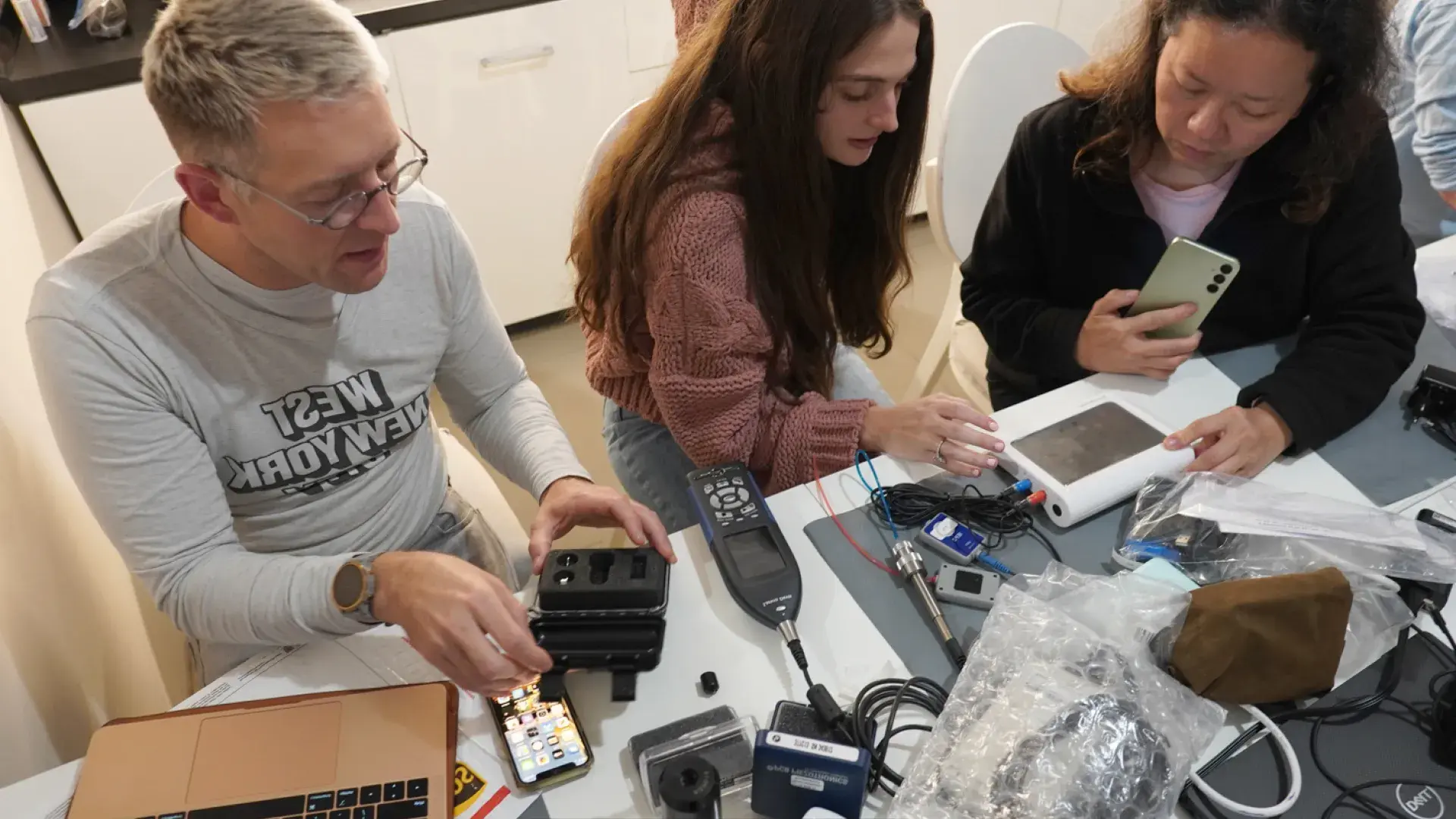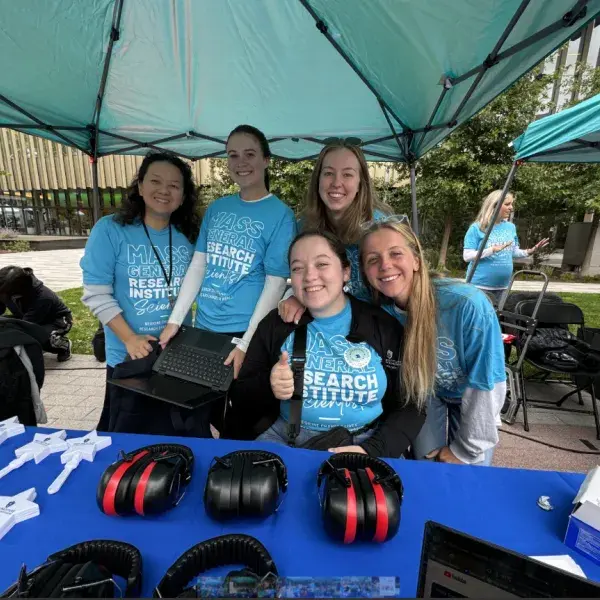
Advanced Audiologic Assessment Techniques
The Doctor of Audiology (AuD) degree is a one point of entry, 9-semester, accelerated residential program. It is designed to prepare you for entry-level positions as audiologists in a variety of settings, including clinics, hospitals, private-practice, and other professional destinations. You will receive in-person classroom instruction from faculty within the audiology doctorate program as well as experts from clinical, research, and academic institutions in the Boston area.
